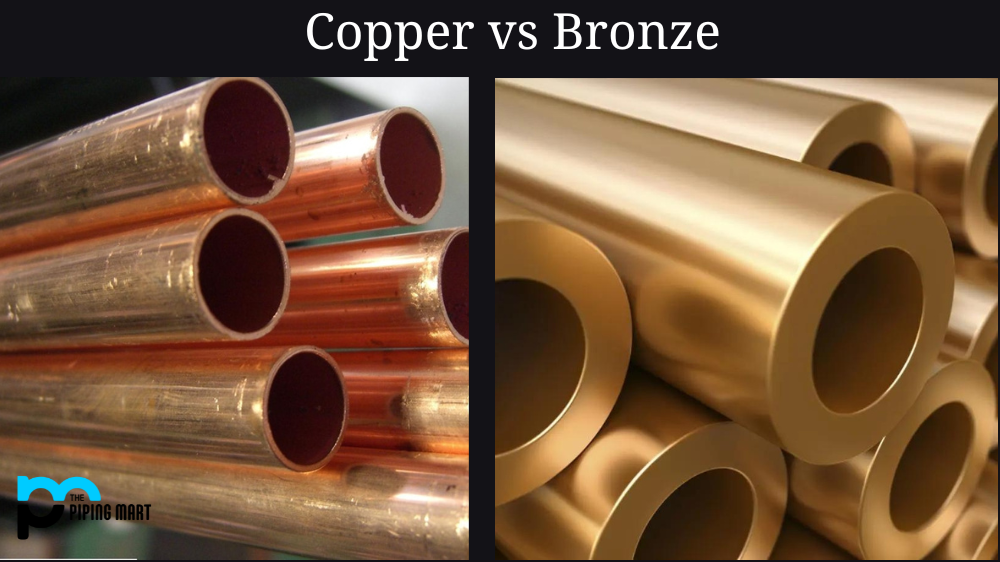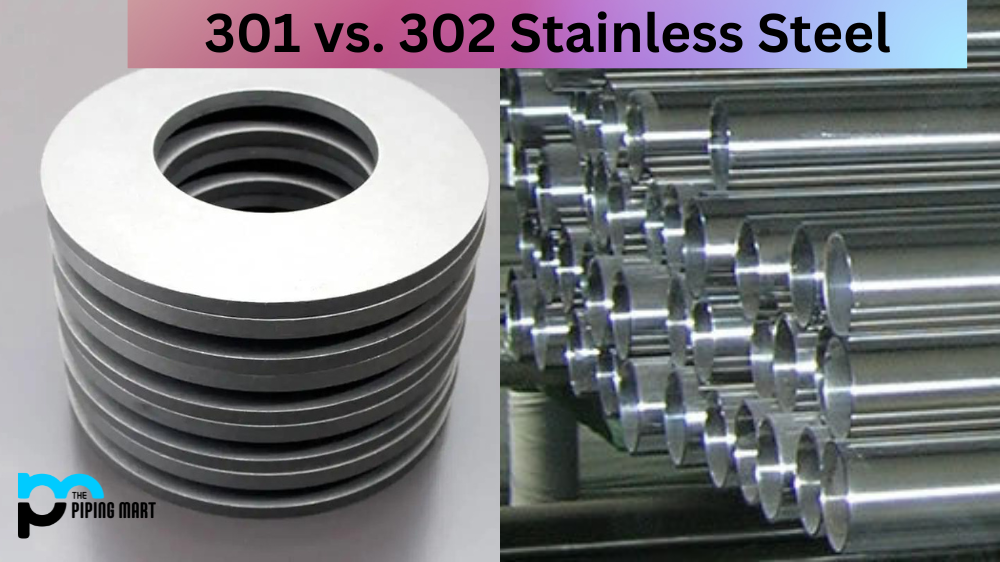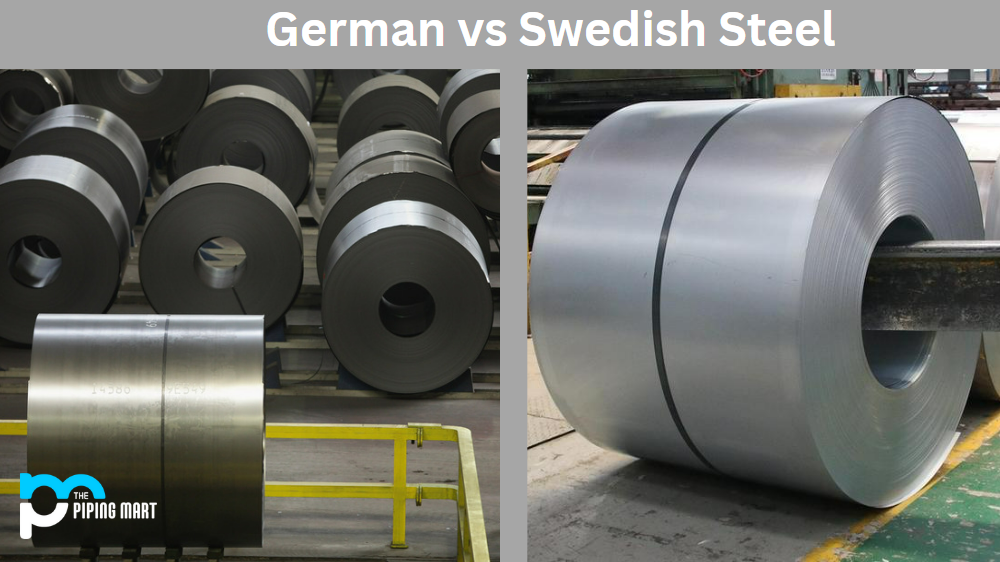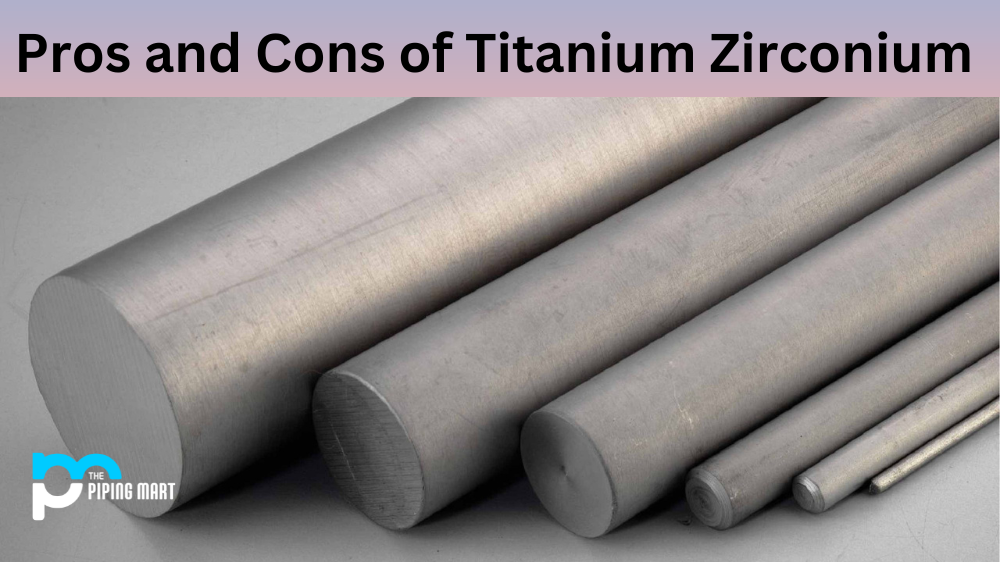Are copper and bronze the same thing? At first glance, it might seem like they are—after all, they’re both reddish-brown metals. However, there are some key differences between the two materials. Learning more about the distinctions between copper and bronze can be extremely helpful for homeowners and DIYers who want to make sure they’re using the right material in their projects. Let’s take a closer look at these two related but distinct materials.
Difference Between Bronze and Copper
Copper vs Bronze Composition
The main difference between copper and bronze is their composition. Copper is an element (chemical symbol Cu) occurring naturally. In contrast, bronze is an alloy—a mixture of different elements—composed mainly of copper (90% or more) combined with other elements such as tin or zinc. This combination creates a harder material than pure copper but retains some of its malleability. It also has a slightly different coloration from pure copper due to the presence of other elements in its composition.
Uses
Due to its higher strength, bronze is often used for applications where strength and durability are important factors—for instance, it’s commonly used for door hardware because it can stand up to wear and tear better than pure copper. It’s also a popular choice for coins because its harder surface helps it retain its shape longer than pure copper. On the other hand, pure copper has unique properties that make it ideal for applications where heat resistance or high electrical conductivity are important factors; thus, it’s often used in electrical wiring or plumbing systems that must withstand high temperatures or large amounts of current flowing through them. In addition, due to its relatively low cost compared to gold or silver, pure copper is sometimes used in jewelry making.
Copper vs Bronze Colors
One of the most obvious differences between bronze and copper is their color. Bronze is an alloy that is made up of copper and tin. The addition of tin gives bronze a darker color, while copper is a bright, reddish-orange color.
Copper vs Bronze Properties
Bronze and copper also have different properties. Bronze is harder than copper, making it more resistant to wear and tear. Copper is a softer metal, making it more malleable.
Copper vs Bronze Prices
Bronze and copper also have different prices. Bronze is typically more expensive than copper because it is more difficult to produce. Copper is less expensive because it can be easily extracted from the ground.
History
Bronze and copper also have different histories. Bronze was first used by the ancient Egyptians and Sumerians, while the ancient Greeks first used copper.
Conclusion:
In summary, when deciding which material you should use for your project, your best bet is usually to choose either copper or bronze based on what you need from your material—strength vs. malleability, heat resistance vs. electrical conductivity, etc.—rather than on a superficial level such as coloration alone. Understanding the difference between these two distinct materials will help you choose the right one for any project you undertake!

Abhishek is a seasoned blogger and industry expert, sharing his insights and knowledge on various topics. With his research, Abhishek offers valuable insights and tips for professionals and enthusiasts. Follow him for expert advice on the latest trends and developments in the metal industry.




